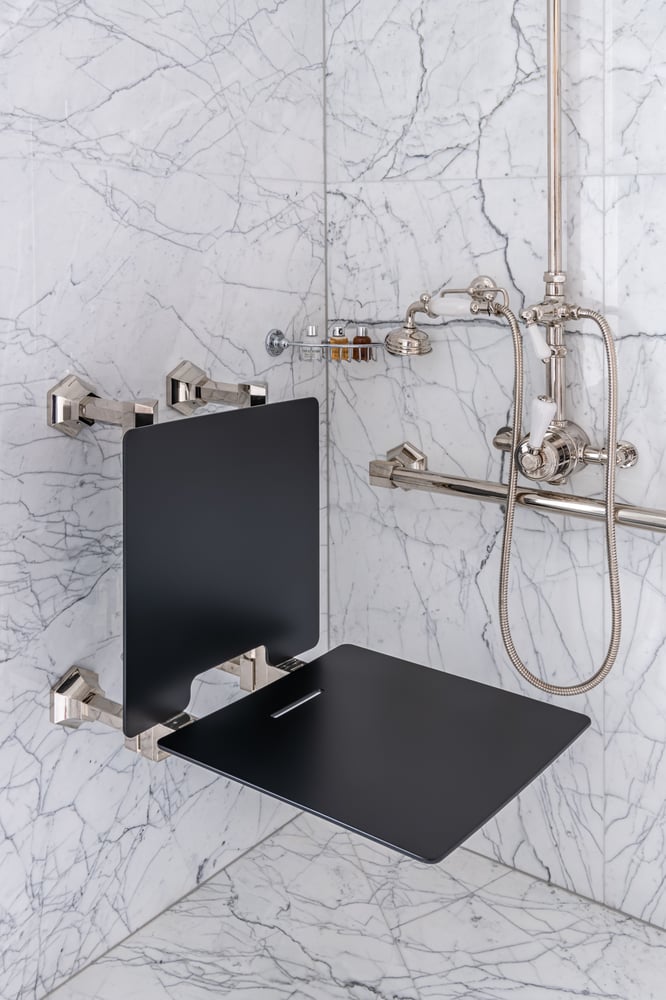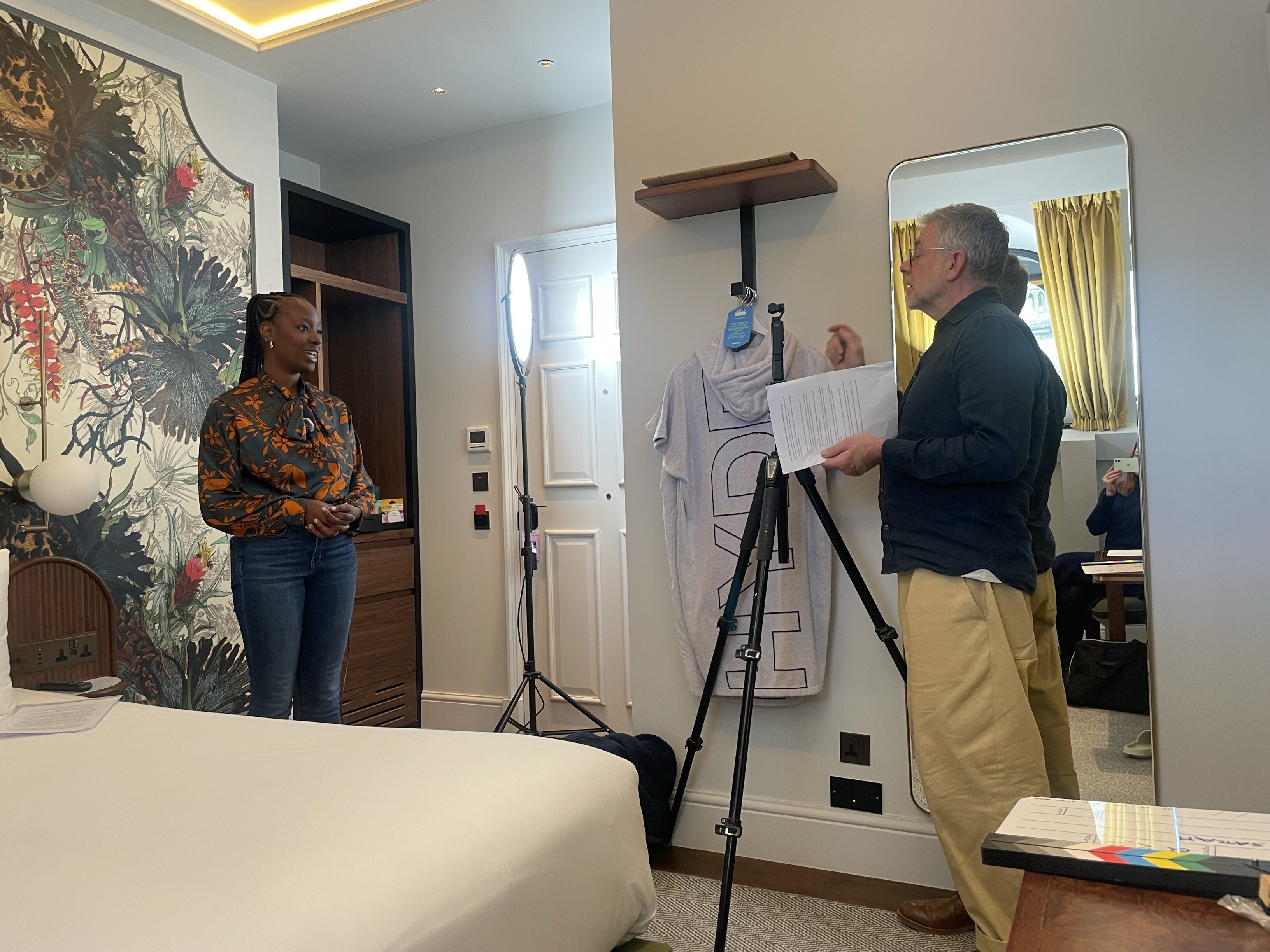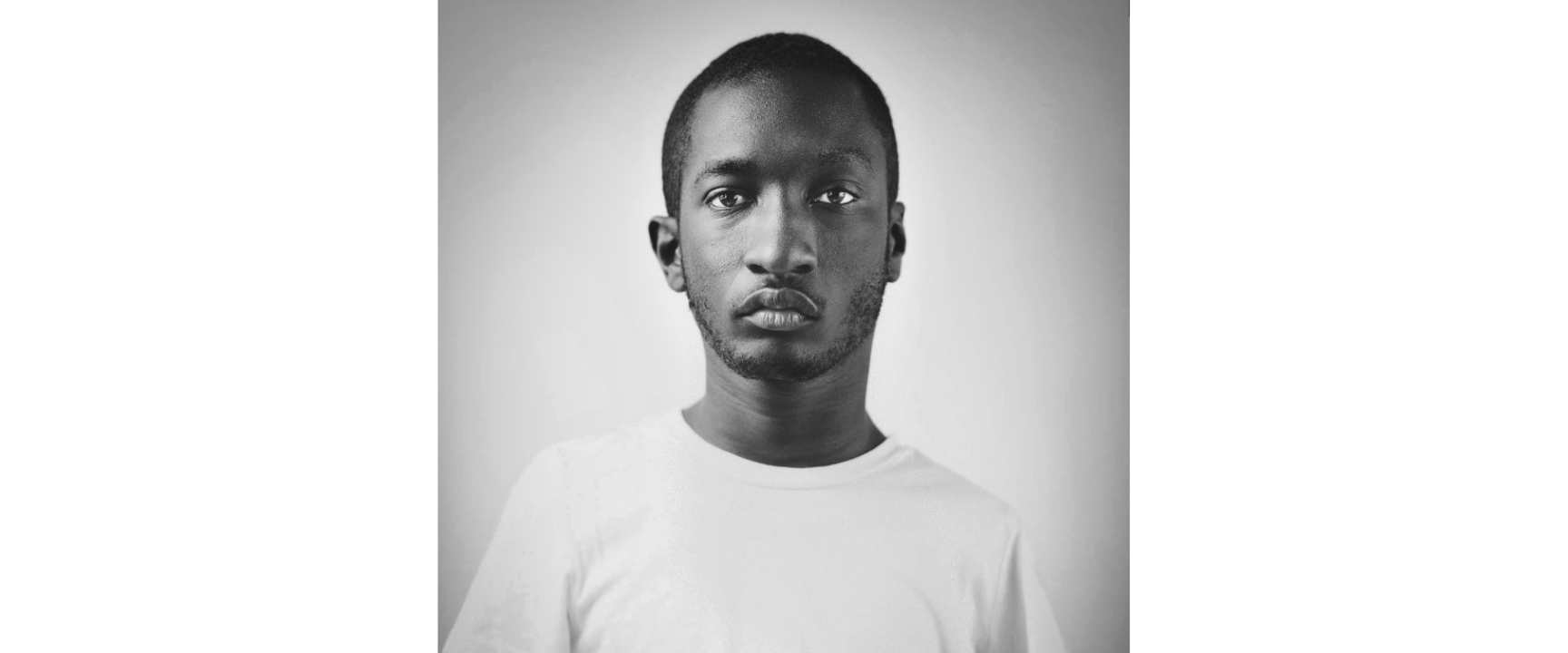Understanding the Statistics
Recent figures from the Department for Work and Pensions indicate around 16 million individuals in the UK experience disabilities, accounting for nearly 24% of the population. This includes a wide array of disabilities such as mobility issues, sensory impairments, cognitive conditions, and mental health challenges. With such a vast portion of the populace encountering unique hurdles, adapting both public and private spaces becomes imperative to meet their diverse needs.
The Importance of Bathroom Accessibility
While accessible infrastructure is important in many contexts, accessible bathroom spaces must receive special attention. People use their bathrooms as private havens to find solitude, hygienic practices, and independence. For people with disabilities, navigating a standard bathroom can be difficult, which makes it difficult for them to carry out basic self-care duties.
Easy-to-use and dignified, accessible bathrooms are designed to satisfy the unique needs of people with disabilities. Spaces that encourage liberty and inclusivity benefit from features like grab rails, lower sinks, and roomy designs.
Promoting Independence and Dignity
A well-designed bathroom can make all the difference in the world for people who struggle with mobility. Roll-in showers, hands-free faucets, handicapped bathroom stalls, and grab rails are examples of features that help people keep their independence and go about their everyday lives unaided. This improves their physical health as well as their sense of freedom and dignity.
"Contrast plays a vital role in making washroom spaces more navigable for individuals with visual impairments."
Bathroom designers and suppliers now integrate contrasting colours and textures for safety and as integral parts of the design.
Accessible bathrooms benefit caregivers as well. Caregivers frequently find it difficult to assist loved ones in regular toilets, but accessible facilities can ease some of the challenges and make the situation more encouraging for everyone.
Legal and Ethical Imperatives
Governments, realising the value of inclusiveness, have instituted rules and guidelines to guarantee accessible infrastructure. To respect the values of equality and non-discrimination, service providers are required by the UK's Equality Act of 2010 to offer reasonable accommodations for people with disabilities, including making bathrooms accessible.
If you’re involved in designing, specifying, supplying, or installing accessible facilities, you’ll be familiar with Doc M and BS8300 accessibility standards in the UK.
Taking Action
It is clear from current UK disability statistics that meeting the specific needs of people with disabilities is a necessary first step towards establishing an inclusive society. Accessible bathrooms are essential for fostering everyone's equality of opportunity, autonomy, and dignity.
Compliance observance and inclusive bathroom design are our top priorities at Fitzroy of London. Our love of creativity motivates us to look for adaptable built environment solutions that fit in well with any home design.
With more than 20 years of experience in Doc M and global compliance, we are more than just a provider; we contribute in-depth knowledge and comprehension to every accessible bathroom design project.




